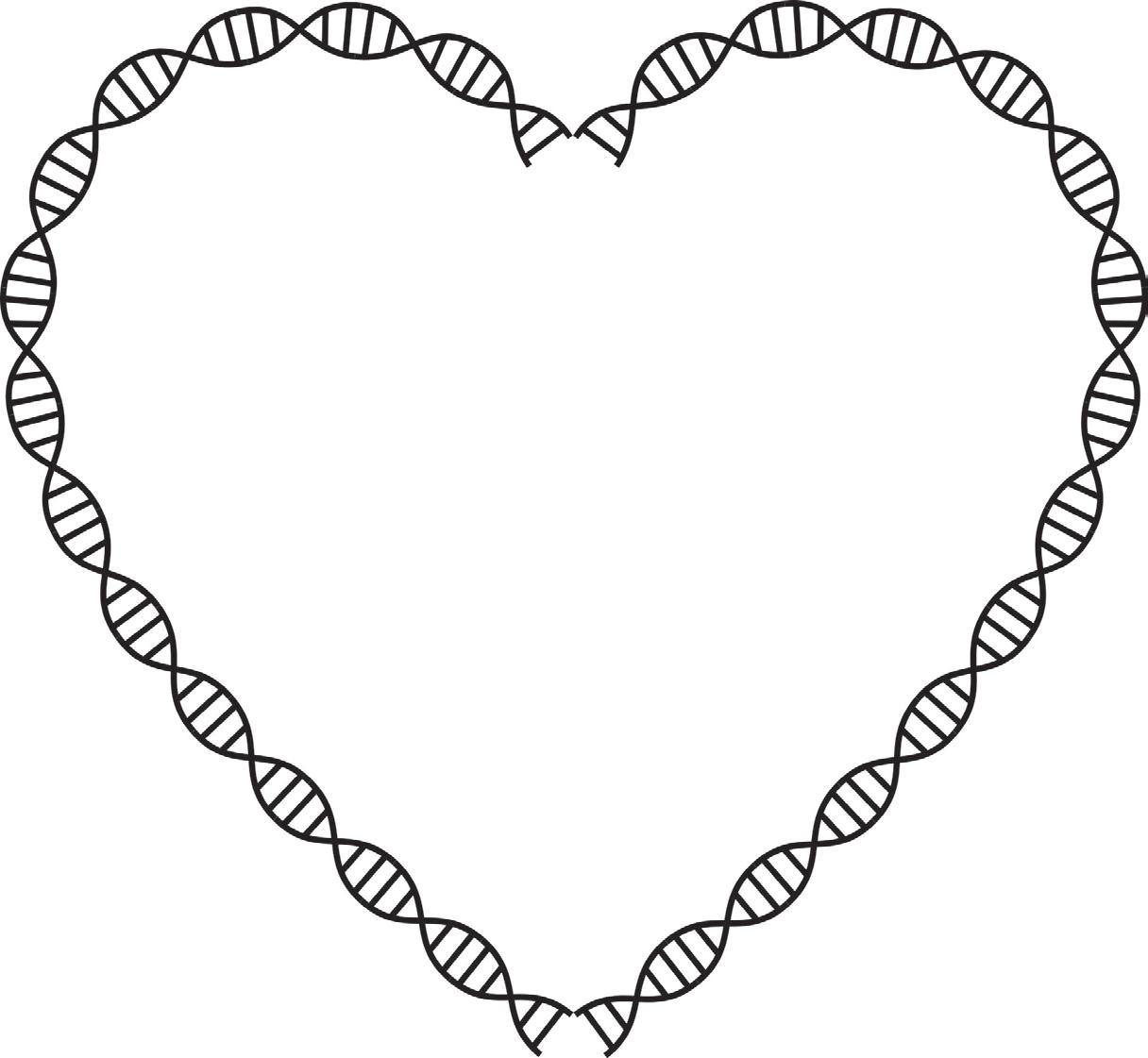
1 minute read
Anti-Aging Gene Shown To Rewind Heart Age By Ten Years
(Continued From Page 06)

“The cells of the elderly patients, in particular those that support the construction of new blood vessels, called ‘pericytes,’ were found to be less performing and more aged.
By adding the longevity gene/protein to the test tube, we observed a process of cardiac rejuvenation: the cardiac cells of elderly heart failure patients have resumed functioning properly, proving to be more efficient in building new blood vessels.”
Centenarians pass their healthy genes to their offspring. The study demonstrates for the first time that a healthy gene found in centenarians could be transferred to unrelated people to protect their hearts.
Other mutations might be found in the future with similar or even superior curative potential than the one investigated by this research.
Professor Madeddu and Professor
Annibale Puca of the MultiMedica Group believe this study may fuel a new wave of treatments inspired by the genetics of centenarians.
Professor Madeddu added: “Our findings confirm the healthy mutant gene can reverse the decline of heart performance in older people.
We are now interested in determining if giving the protein instead of the gene can also work.
Gene therapy is widely used to treat diseases caused by bad genes.
However, a treatment based on a protein is safer and more viable than gene therapy.
“We have received funding from the Medical Research Council to test healthy gene therapy in Progeria.

This genetic disease, also known as Hutchinson-Gilford syndrome, causes early aging damage to children’s hearts and blood vessels.

We have also been funded by the British Heart Foundation and Diabetes UK to test the protein in older and diabetic mice, respectively.”
Annibale Puca, Head of the laboratory at the IRCCS MultiMedica and Professor at the University of Salerno, added: “Gene therapy with the healthy gene in mouse models of disease has already been shown to prevent the onset of atherosclerosis, vascular aging, and diabetic complications, and to rejuvenate the immune system.
“We have a new confirmation and enlargement of the therapeutic potential of the gene/protein.

We hope to test its effectiveness soon in clinical trials on patients with heart failure.”
(Courtesy: https://medicalxpress. com/)











